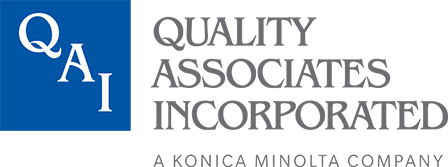The time, officially, to get from Houtzdale, Pa., to Maple Lawn is just four jours and change. But it took Paul Swidersky six decades.
That he made it at all from the poor coal town in central Pennsylvania to luxurious Maple Lawn in Fulton, though, is remarkable.
But his improbable journey was not achieved without risks, setbacks and luck.
Perhaps more than anything, it was sheer determination that permitted Swidersky to escape the poverty and doubtful future of his hometown to end up with a multimillion-dollar business and expansive offices in one of the most fashionable destinations in Maryland.
“We’re just so fortunate to be where we are today,” said Swidersky, 61, who lives in the Woodmark neighborhood of Ellicott City and is the founder and chief executive officer of Quality Associates Inc. “We have never forgotten our beginnings.”
The beginnings of Quality Associates were meager. A one-person consulting firm on federal laboratory and clinical practices with one client and first year revenue that barely broke $30,000. Today, it employs 85 people and has annual revenue of $12 million.
But QAI’s success is all the more remarkable, considering Swidersky’s beginnings.
He was the last of nine children born to Frank and Blanche Swidersky. The family lived in a four bedroom house that was built in the 1800s and served only by an outhouse until the late 1940s.
“We were a poor family,” he said. “It may seem like touch times, but it wasn’t”
In Houtzdale, most of the girls left school early to seek work or help around the house, but Blanche Swidersky completed eighth grade- the highest grade the school offered- and was the only girl fro her class to graduate.
Frank Swidersky finished fifth grade and went directly to the mines at the age of 11. He lost a leg when a coal saw being operated by another man struck a rock, sprang to the side and sliced through the knee.
Despite their limited schooling, Swiderky’s parents were insistent that their children receive a good education.
“They never pushed us in any direction, but the thing that they did push was education,” Swiderky said. “My father didn’t want any of us working in the coal mine.”
That advice, he acknowledges, did not always resonate fully.

